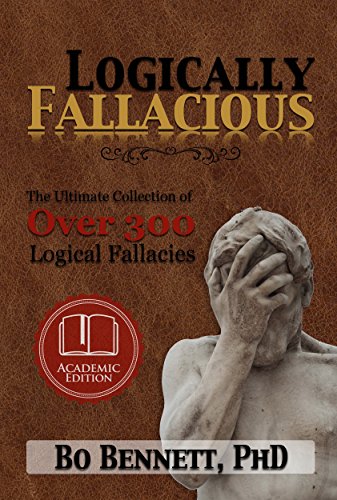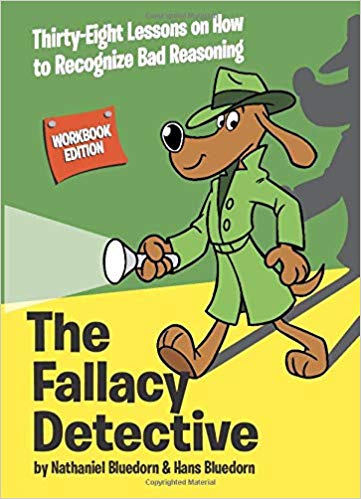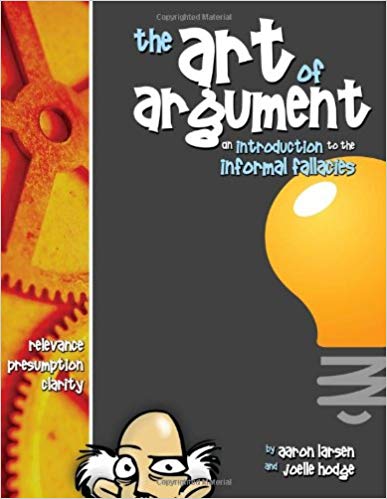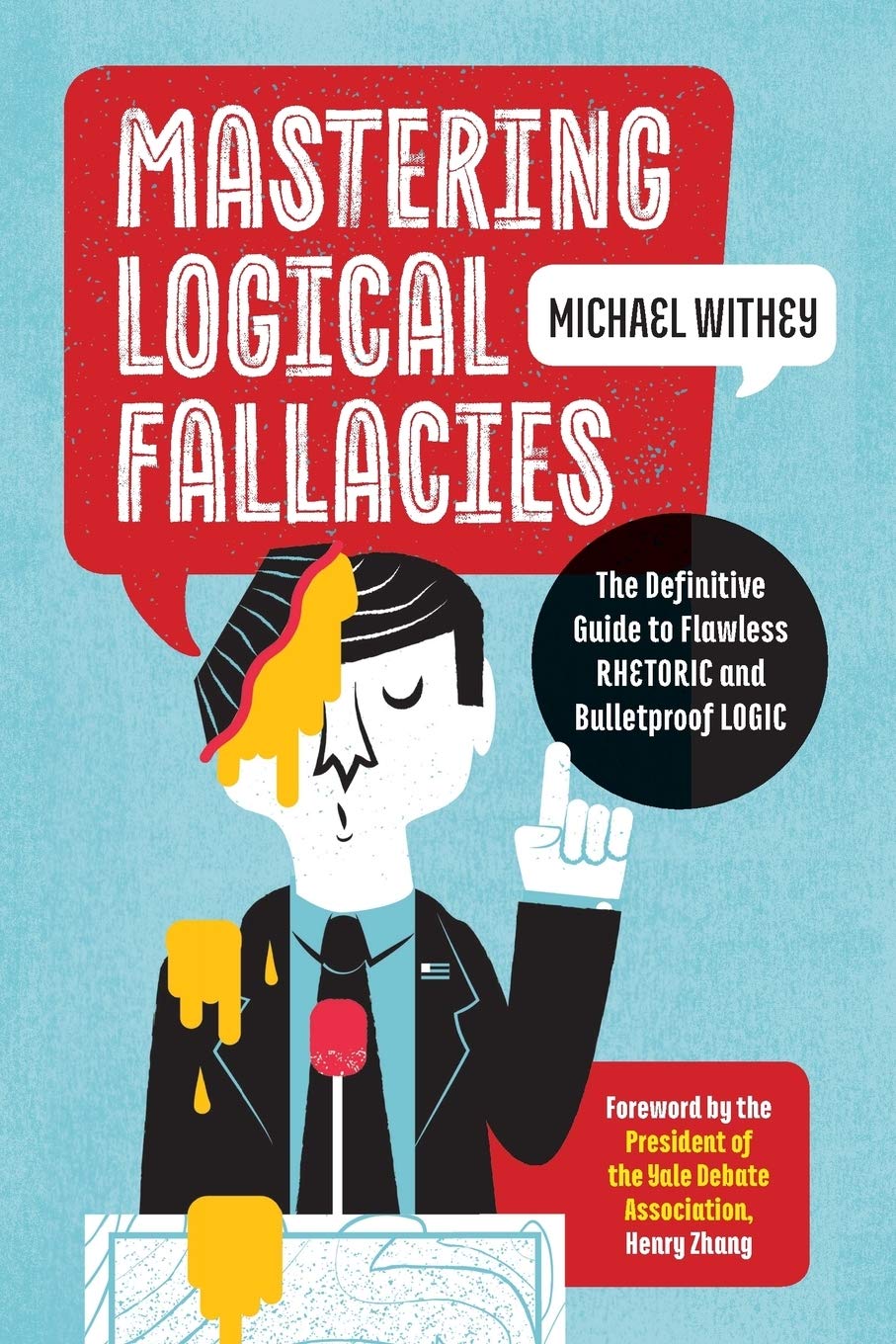The Middle Ground fallacy, sometimes referred to as the False Compromise, is a logical fallacy wherein an individual’s argument is based on the assumption that a compromise between two opposing views is the only valid solution. The individual will use this fallacy to attempt to refute both sides of the argument, often by presenting a “middle ground” position as the only valid solution.
This fallacy can be seen in a variety of contexts, from political debates to everyday conversation. For example, if two people are discussing a controversial issue, such as gun control, one may argue that guns should be banned entirely, while the other argues for no regulation at all. The individual using the Middle Ground fallacy would then attempt to refute both positions by presenting the idea of allowing some regulation, such as background checks, as the only valid solution.
The fallacy of the Middle Ground is problematic because it ignores the fact that there may be more than two sides to the argument. It assumes that the only valid solution lies somewhere in between the two opposing views, when in reality there could be other solutions that are not represented by either side of the argument. Additionally, it ignores the fact that a compromise between two views may not be the most effective solution to the problem. It is important to consider all possible solutions and weigh their pros and cons before making a decision.
The Middle Ground fallacy can be avoided by considering the full range of possible solutions to a problem. It is important to take the time to evaluate all possible solutions, rather than jumping to a “middle ground” solution without considering the merits of each individual solution. Additionally, when discussing a controversial issue, it is important to remember that there may be more than two sides to the argument. By considering all possible solutions and weighing their merits, it is possible to find an effective solution to any problem.






